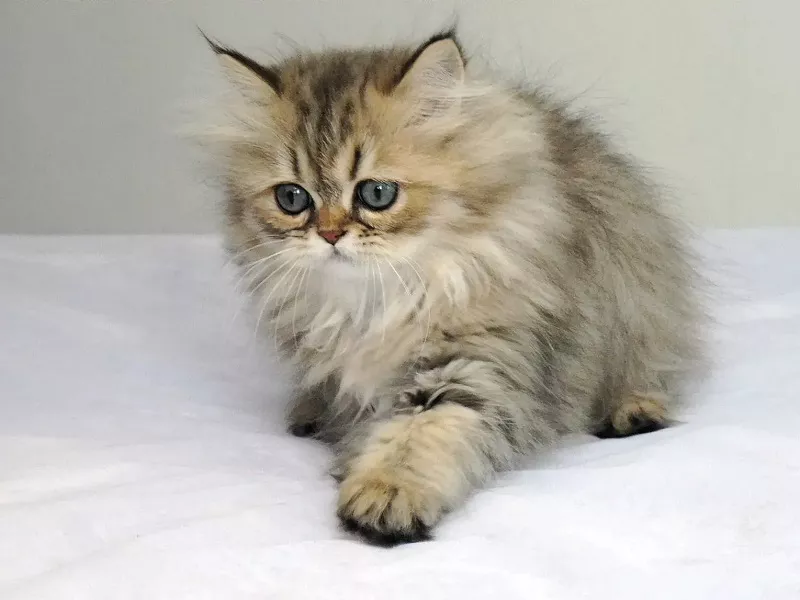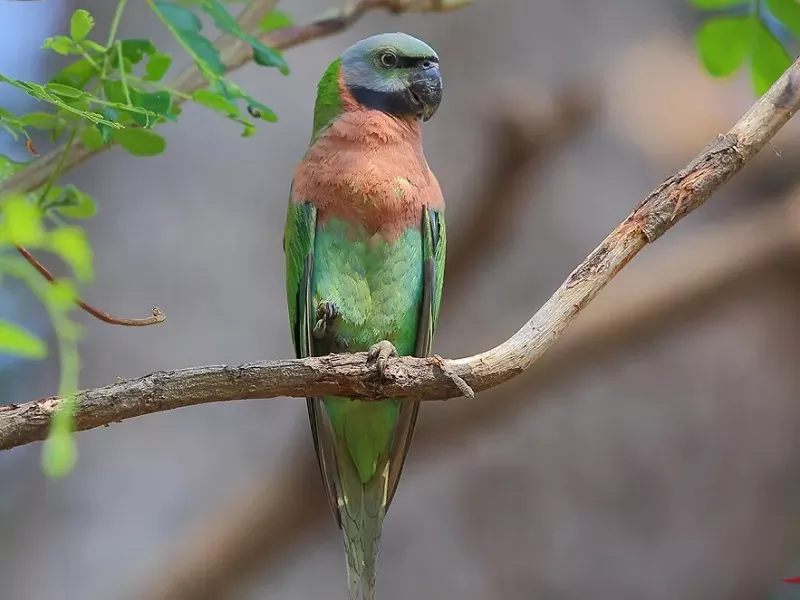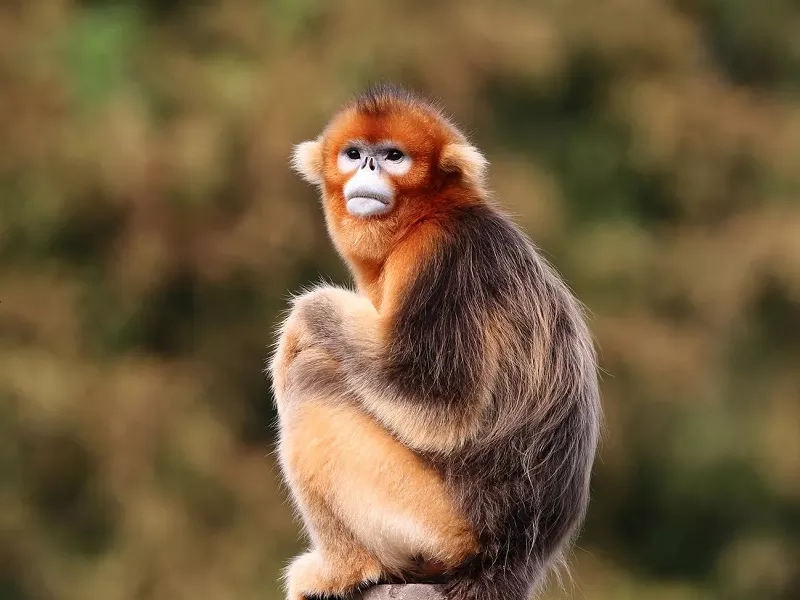When parents encounter the problem of raising cats, they think it’s okay, but if you are asked to raise a chinchilla kitten, it will be a little overwhelming, because the raising of Chinchilla kittens must be very, very careful. The stage needs to supplement the business, and the food that needs to be eaten is also different. So what should we pay attention to?
What should be paid attention to when raising Chinchilla kittens?
Jinjila kittens can actually start to eat solid food at 2-3 months, but they are also just weaned. It is also necessary to pay attention to the fact that the gastrointestinal tract of milk cats is not yet fully developed, so more attention should be paid to feeding. Milk cannot be fed. Many Jinjila kittens have lactose intolerance. Feeding milk is easy to indigestion, causing diarrhea, vomiting and other uncomfortable symptoms. Therefore, Meowxiang goat milk powder should be taken, which has good palatability. It will not be rejected. It contains nutrients that can enhance immunity. Even if an adult cat drinks it, it is also a daily nutritional supplement.
In terms of feeding Jinjila kittens, parents and cat mothers should also pay attention to the fact that two-month-old cats are not suitable for eating dry cat food. In addition, dry cat food is a food that is easy to swell, dry, and has little water. If you are not careful, you may eat cat food that contains salt. The consequences will seriously affect the growth and development of cats, and even cause hair loss, small growth, and intestinal diseases. Wait for the problem to appear. Therefore, if the parents do not feed reasonably, it is easy to cause problems in the stomach and body of the Jinjila kitten. It is best for the two-month-old milk cat to eat liquid food, such as millet porridge, fish porridge, etc.
During the growth stage of Chinchilla kittens, parents can also prepare some vitamins and nutrients for Chinchilla kittens to enhance their resistance and grow healthily.


























